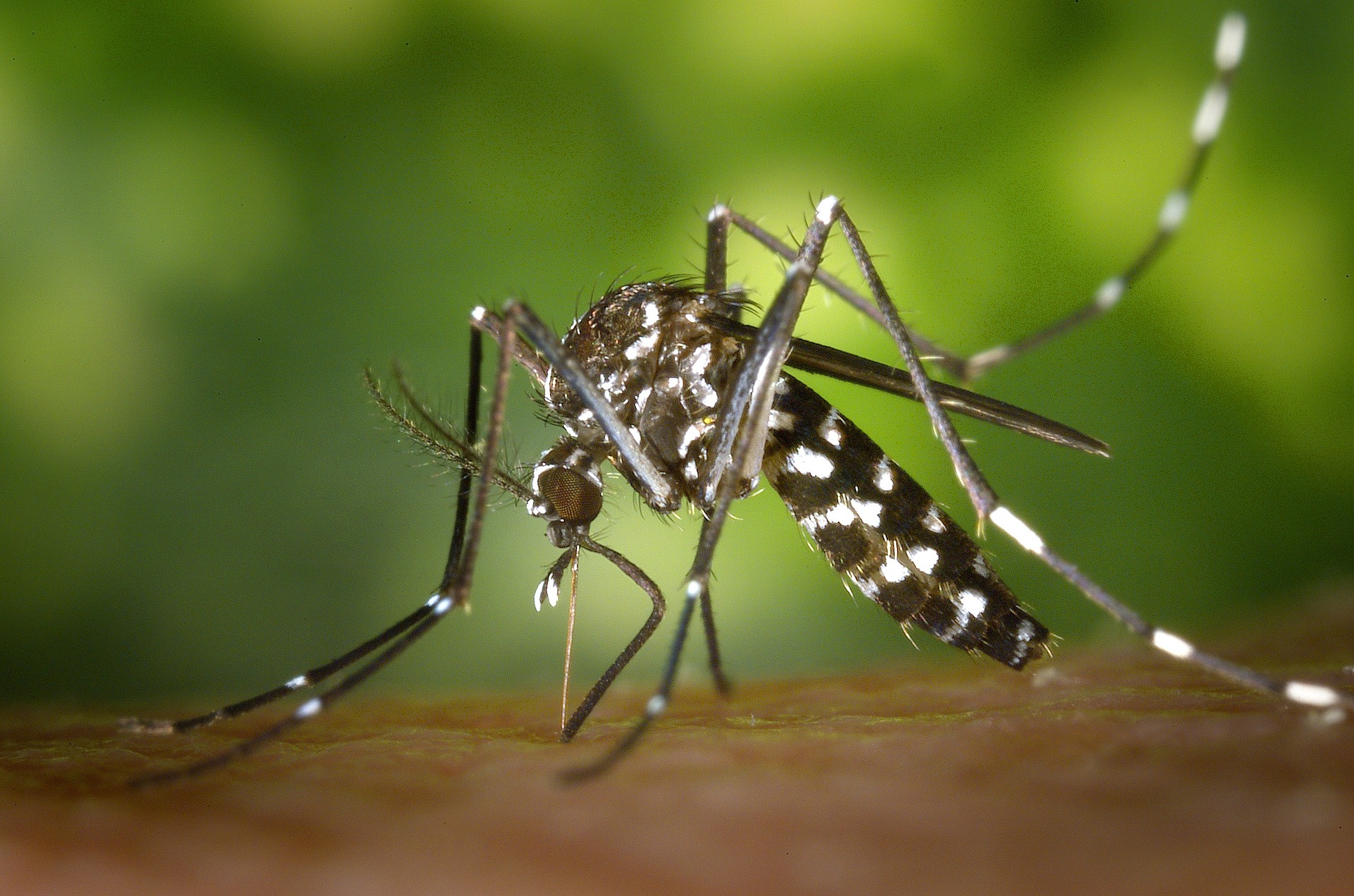Patented Fraunhofer IZI technology facilitates specific Dengue virus diagnostics
A new technology developed by the Fraunhofer Institute for Cell Therapy and Immunology (IZI) facilitates a specific, sensitive diagnosis of the Dengue virus. The patented procedure has been licensed to two companies and corresponding antibody tests are now available on the market. As a result, both the four different Dengue virus serotypes can be differentiated and also the Dengue virus itself can be distinguished from other closely related flaviviruses, which include the yellow fever virus and tick-borne encephalitis virus, in addition to the Zika virus and the West Nile virus. Moreover, work is already underway to adapt the procedure to the SARS-CoV-2 virus and the West Nile virus.

The specific and sensitive blood testing procedure established at the Fraunhofer IZI is based on modified envelope proteins of the Dengue virus. This technology significantly reduces the number of false-positives, since cross-reactivity with the closely connected flaviviruses is prevented by the use of specific blocking reagents. Dr Alexandra Rockstroh carried out fundamental research on this in her doctoral thesis. As a virologist, she is a member of the team of PD Dr Sebastian Ulbert, Head of the Vaccine Technologies Unit at the Leipzig-based research institution. “Since the Dengue virus appears in four different serotypes, people can be infected several times. After patients have overcome the infection, they only have life-long immunity to the respective serotype. Specific detection, and serological identification also with regard to infections with other closely related and wide-spread flaviviruses, such as the Zika virus, are now possible for the first time with the technology established by us”, explains the scientist. This is all the more important since the symptoms of Dengue and Zika virus infections can be similar and thus make a clear diagnosis more difficult. Moreover, these two viruses, like other types of the flaviviruses, are partly found in geographically overlapping areas.
The Fraunhofer researchers had the diagnostic method patented and afterwards granted licenses to two companies. Last year, MIKROGEN GmbH (www.mikrogen.de), which is based in Neuried, Bavaria, launched an immunoblot test, i.e. a rapid test in a strip format. Together with its Leipzig subsidiary AJ Roboscreen GmbH, the Thuringian firm Analytik Jena AG (www.analytik-jena.de) developed an ELISA (Enzyme-linked Immunosorbent Assay) test. These tests are now widely used in lab diagnostics. They are based on the interaction between antigen and antibody, as well as an enzymatic colour reaction.
In its fact sheet, which was updated most recently in early March 2020, the World Health Organisation quoted a study which assumes that there are 390 million Dengue infections per annum, 96 million of which manifest clinically. The Dengue virus is transmitted by mosquitoes. The infection causes a fever, headaches and limb pain. In most cases, patients recover within a few days; however, an infection can also cause severe complications or even death. So far, there is no specific antiviral therapy for treating patients with Dengue virus infections. In addition to the prevention of mosquito bites, a vaccine is available in many countries in which the virus is endemic. However, this vaccine is only approved for certain groups of people and after they have overcome a Dengue infection.
Moreover, the researchers at Fraunhofer IZI are also focussing on the West Nile virus as a possible further application of the new diagnostic procedure. Just like the Dengue virus, the West Nile virus is a tropical pathogen whose spread, in addition to climate change, is promoted by the fact that local mosquitoes can also transmit the virus. At present, the scientists are also working to transfer their findings obtained with regard to flaviviruses to coronavirus SARS-CoV-2, which is pandemic at the moment. These enveloped RNA viruses are also found in several subtypes. PD Dr Sebastian Ulbert and his team are researching corresponding antigens intended to improve the specificity of corona antibody tests.
Alexandra Rockstroh "Entwicklung von Verfahren für die spezifische, serologische Diagnostik von Dengue- und Zika-Virusinfektionen mit modifizierten Envelope Proteinen" (“Development of Methods for the Specific Serological Diagnosis of Dengue and Zika Virus Infections using Modified Envelope Proteins”)(in German only)
